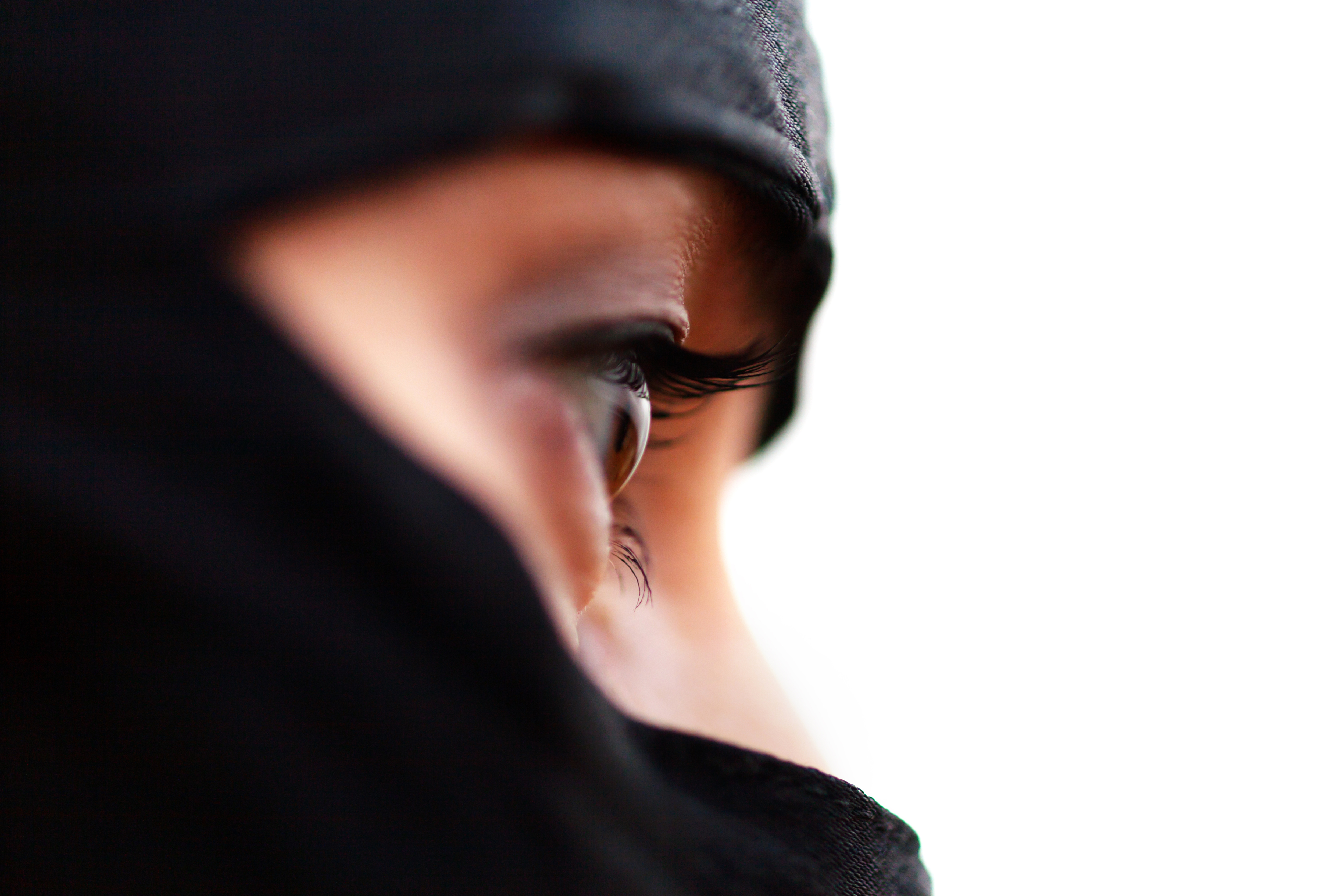
-
HOME
-
WHAT IS STANDOur Mission Our Values Our Help Contact
-
WHAT WE FIGHT FORReligious Freedom Religious Literacy Equality & Human Rights Inclusion & Respect Free Speech Responsible Journalism Corporate Accountability
-
RESOURCESExpert Studies Landmark Decisions White Papers FAQs David Miscavige Religious Freedom Resource Center Freedom of Religion & Human Rights Topic Index Priest-Penitent Privilege Islamophobia
-
HATE MONITORBiased Media Propagandists Hatemongers False Experts Hate Monitor Blog
-
NEWSROOMNews Media Watch Videos Blog
-
TAKE ACTIONCombat Hate & Discrimination Champion Freedom of Religion Demand Accountability
USCIRF Report Highlights Religious Garb Restrictions as Impermissible Violations of Religious Freedom
In a November report, the United States Commission on International Religious Freedom (USCIRF) spotlighted several nations whose regulations on religious garb place them squarely in violation of international human rights law.

Article 18 of the Universal Declaration of Human Rights and Article 18 of the International Covenant on Civil and Political Rights both maintain that the freedom of religion includes the freedom to manifest one’s religious identity. This encompasses—according to the United Nations Human Rights Committee—the freedom to wear “distinctive clothing or head coverings,” and forbids the banning or enforcement of religious attire.
Iran’s morality police beat a 22-year-old woman into a coma for wearing a hijab improperly. She died from the injuries shortly thereafter.
Such freedom of religious expression includes Jewish men wearing the kippah, Christians wearing a cross necklace, Muslim women wearing the hijab or Sikh men wearing the turban.
But USCIRF has found that 61 countries restrict head coverings. In France, for example, a law forbidding face coverings resulted in the prosecution and conviction of a Muslim woman for wearing a niqab (a veil that covers the full face apart from the eyes). The French government claimed in its argument in the case brought up by the Human Rights Committee last December that its law banning face coverings was intended for “the protection of public order.” The Committee, however, found no evidence that women wearing a burka or niqab “threaten public safety or create public unrest.” Nor had any claim of public safety threat been previously made by the government.
The entirety of the ban, in fact, simply reads, “No one may wear an outfit in public spaces to conceal his face”—without reason or justification. In another instance in France, a Muslim woman was fired for wearing a headscarf at her place of work, a private daycare facility. In both cases the women’s freedom to display their religious identity was violated.
Austria is another country with a law that violates religious freedom rights. Like the French law, Austria’s Anti-Face Covering Act bans people from covering their face “with clothing or other objects,” and carries a fine for infringement of up to €150 ($160).
In Uzbekistan, appearance in public wearing religious attire incurs a fine “five to ten times the minimum wage” or “administrative arrest for up to fifteen days.” In Tajikistan, a Muslim woman who wore black after the death of her son was detained and beaten by police for violating a law that forbids Muslims from donning mourning dress.
The reverse of the same coin is the denial of religious freedom by enforcement of religious garb. The Taliban in Afghanistan now have “morality police” that abuse and threaten women who do not comply with a rule decreeing they wear “all-encompassing loose clothing that only reveals their eyes.” In Iran, appearing in public without “a proper hijab” is punishable by up to two months imprisonment or a fine.
In September 2022, Iran’s morality police beat a 22-year-old woman into a coma for wearing a hijab improperly. She died from the injuries shortly thereafter. Protests erupted against the draconian law that spawned the murder. According to USCIRF, the government retaliated against the protesters with extreme human rights violations, “including execution, rape, torture and mass arrests.”
A year later, a 16-year-old Iranian girl died of injuries inflicted by morality police because she wasn’t wearing a headscarf.
“Government mandates or restrictions on wearing religious garb violate international human rights law,” USCIRF writes in its report. “They impermissibly prohibit and punish individuals’ freedom to dress in accordance with their religion or belief.”
USCIRF concludes its report by calling for the repeal of all such mandates or restrictions in the name of advancing human rights and religious freedom across the globe.
STAND commends USCIRF for its diligent work to shine a light on violations of every form of religious freedom.






